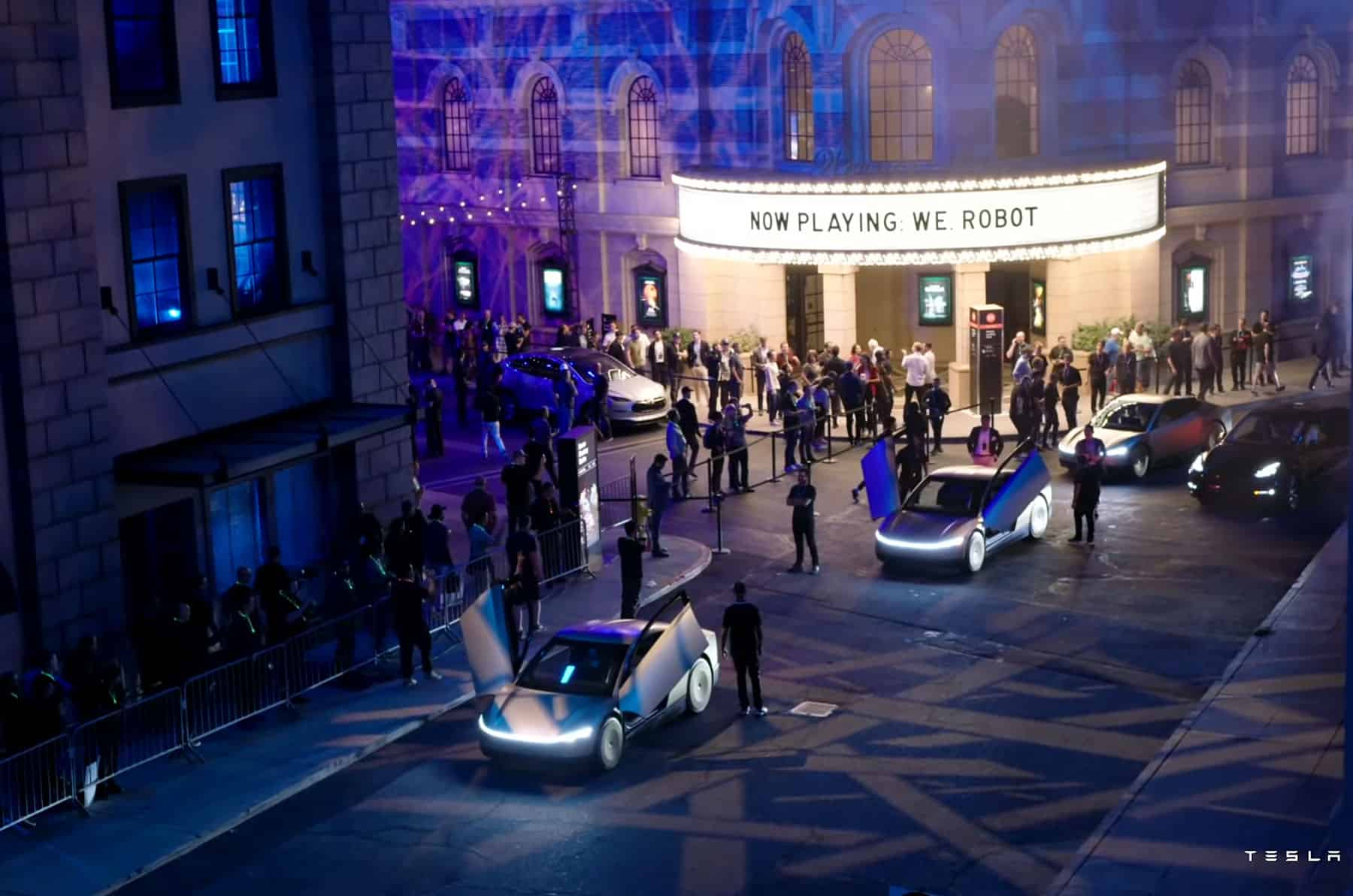Jobs
Would Steve Jobs have driven a Tesla?

October 5, 2024, marks the 13th anniversary of the death of Apple co-founder Steve Jobs, who not only significantly influenced the digitalization of the private sphere (“the computer for the rest of us”) with the Macintosh, but also created an unparalleled company. He laid the foundation for the first trillion-dollar company worldwide, and his epigones have continued his legacy.
Elon Musk and Steve Jobs
Jobs was known for paying attention to the tiniest details in the design of his devices. Macs and laptops had to have an excellent finish even where you couldn’t see. A plain PC, cobbled together carelessly, was his nightmare. In Jonathan Ives, the visionary Jobs found a kindred spirit who cemented Apple’s reputation almost even more fundamentally. The goal was always simplification.
The iPhone, which initially got off to a slow start and was rejected by the self-proclaimed industry insiders, is finally taking off on a triumphal march that continues today. Around 1.4 million units of the first iPhone were sold in 2007. In 2022, the most successful year, 239.2 million units were sold.
Elon Musk would hardly have gotten this far without his sidekick Franz von Holzhausen because the Model S was and still is one of the most elegant electric vehicles on the world market. The interior and infotainment are also examples of extreme simplification. The vehicle has been sold in slight variations since 2012 and still sets a benchmark in terms of performance and efficiency.
The duo’s last stunt? The recently presented future vehicles Cybercab and Robovan will one day be fully autonomous, which is why they have neither a steering wheel nor pedals. The prototypes already mastered this on the presentation site…

Would the two personalities have got along?
It’s hard to say in retrospect. But in fact, Musk’s company would not have delivered in this way in terms of digitalization without Apple’s pioneering work. The touch screen became the standard with Apple’s iPhone. The interface of the Tesla infotainment system is also strikingly reminiscent of that of Apple’s smartphones (and Android’s).
There are many parallels. Apple started introducing WYSIWYG (What you see is what you get) and mouse control, while Microsoft and other competitors were still stuck in the command line.
Windows, a rip-off of Apple’s OS, was late in achieving the same speed and elegance as the original.
Before Tesla, electric cars were synonymous with golf carts or ugly innovations from “cranks”. On the other hand, Musk believed in electric mobility (although not initially because Tesla was founded by Martin Eberhard and Marc Tarpenning in 2003). Only after Musk took the helm did the brand’s success slowly begin to take off, and it continues to this day.
Steve Jobs had to leave Apple in 1985 after a power struggle and only returned in 1996, when the company was on the verge of bankruptcy.
Both personalities are controversial
Jobs was controversial. His views, his rigorous decisions and his undiplomatic first steps led to a phenomenon: you were either for or against him.
This is reminiscent of Musk, who is also controversial in his own way. Although almost all of his critics acknowledge that he is a clever entrepreneur with clear goals, the enigmatic personality also alienates even his biggest fans repeatedly – most recently through his political support for Donald Trump.
And this is where the first differences arise. Jobs would probably never have publicly committed himself to one or the other political force, even though he had his preferences. For Jobs, his only mission counted was to perfect the computer for the rest of us. With the iPhone, he came pretty close.
Musk, on the other hand, seems infinitely divisible. His mission, however, is also clear: to enrich humanity through his endeavors. Whether Tesla, SpaceX or his numerous other ventures, Musk’s energy seems inexhaustible. His success so far proves him right.
And then there is the “preservation” of freedom of expression through his social media platform, “X” (formerly Twitter). The world’s governments are watching his investment in the service like hawks. They are trying to slow him down and curtail freedom of expression under the guise of fighting hate and agitation, which undoubtedly also occur on his platform.
Which brings us back to the initial question
Would Jobs have endorsed electric mobility and even driven a Tesla? It is common knowledge that his car of choice was a Mercedes-Benz SL Roadster. Among other things, because of the superior technology and quality down to the smallest detail.
However, today’s Mercedes-Benz electric cars would lose out when measured against Jobs’ obsession with detail, especially where you can’t immediately see. This is why the EQS’s bonnet can no longer be opened by the user.
And yes, Jobs would probably have initially driven a Tesla. The implementation of the electric drive system at the Musk company is still unrivaled, even in the invisible details. Not to mention innovations such as the legendary Frunk and clever infotainment with OTA updates.
But would the two have gotten along? That’s another question because both were and are extreme alpha personalities. Which in fact answers the question itself.











